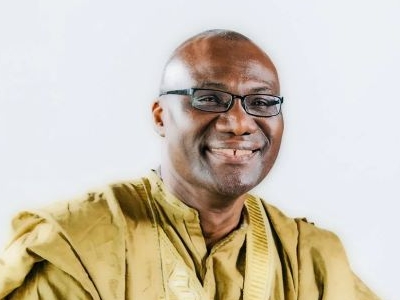The following story, written by Daniel Reid, was published in the Nov/12 issue of Carleton Now. Carole Norton graduated from Carleton on Nov. 10 from the Conflict Resolution program.
Rude comments. Senseless arguments. Submissive silence. As anyone who’s ever spent time in a tense meeting knows, conflict can waste time and hurt morale.
But rather than avoid it entirely, Carole Norton chooses to embrace it.
“(The positioning in) meeting situations can be a real barrier to progress,” says Norton, who gets her graduate certificate in conflict resolution this November. There is always the potential for conflict whenever there’s “different people around the table with different agendas,” she says. The real art lies in getting everyone focused on the same goal and working towards it . . . without the arguments.
The result is an environment that fosters collaboration, “brings people away from their positions,” and actually gets things done.
As a manager with Human Resources and Skills Development Canada (HRSDC), it’s an important skill to have. She attends a lot of meetings.
“I found the (conflict resolution) program allowed me to . . . work with conflict in a productive way that hopefully results in a positive outcome.”
There couldn’t be a better time for conflict management in Ottawa.
“We’re going through a lot of change in the government,” says Norton. “While change creates this wonderful opportunity, you have to bring people to that point.”
With the addition of conflict resolution to her arsenal, Norton might be the ultimate Canadian government employee: she already has master’s and bachelor’s degrees in political science from the University of Alberta and the University of Manitoba.
“I’ve always had a desire to work in the pulse of government,” she says. “I wanted to be more directly involved in where decisions are made.”
Whether an employee has a problem with their co-worker, a disagreement with their supervisor or simply has trouble working in a group, Norton has the tools to diffuse the situation, says Cheryl Picard, the director of the conflict resolution program.
“She’s brilliant at what she does, in terms of interacting with individuals . . . in stressful situations and being able to calm them and let them feel that they’ve been heard and understood,” she says. “She was able to develop and refine and enhance her ability to work with people in ways that are productive.”
Friday, November 9, 2012 in News, Programs
Share: Twitter, Facebook




